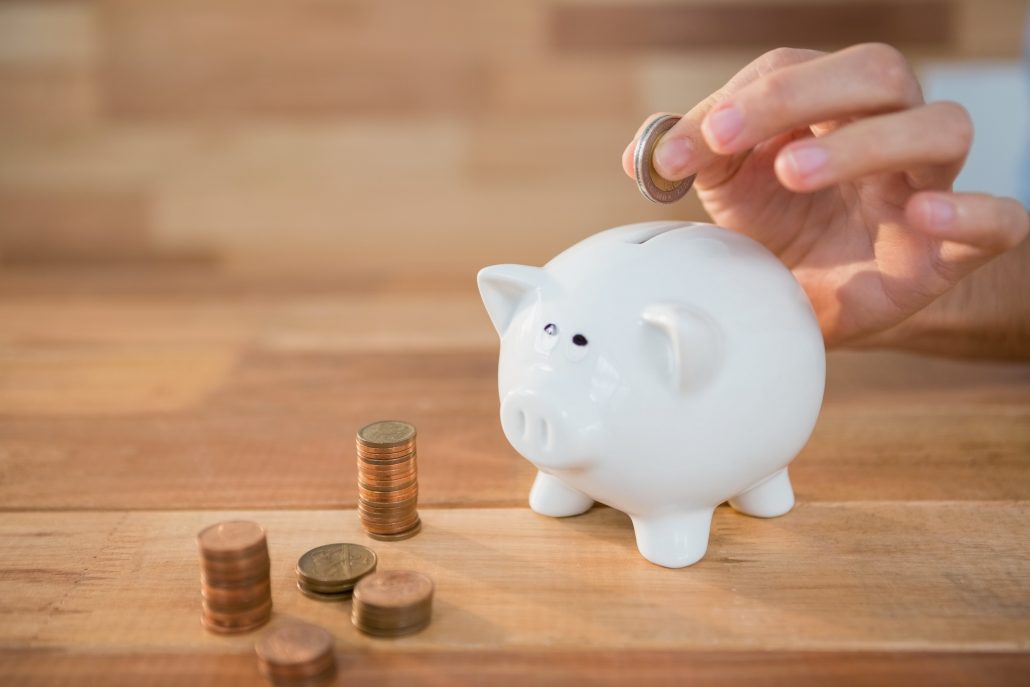Adverts
Do you know what an emergency reserve is? According to analysts and coaches of finance, the emergency reserve is the amount equivalent to at least six months of your cost of living.
This amount would be available to help you in an emergency situation, such as unemployment during a pandemic.
Adverts
With the escalation of the unemployment rate, recorded by the IBGE at 13.1% in the 3rd half of 2020, also due to the pandemic, Brazilians were faced with a new trend that was not part of their financial reality, the habit of saving and having an emergency reserve at your disposal.
Learn more about the need to build an emergency reserve
The truth is that our consumption habits, culturally, have always been based on levels above our financial conditions. This means that most Brazilians either spend their entire month's salary or spend more than their salary.
Adverts
Because of this lifestyle, most people do not foresee a portion of their monthly income to be saved. And you are always at risk of incidentally falling into debt.

However, with the popularization of coaches of financial education, especially on YouTube channels, the Brazilian mentality is changing.
This change is occurring mainly because of the pandemic. This is because the crisis left a good portion of the population unemployed and without great chances of relocation in the market.
This required people to reflect on the habit of saving and living below their standard of living. This sacrifice would have as its objective the possibility of separating a part of the salary for times of adversity.
How to compose your emergency reserve
Experts in financial education share the premise that you should save an amount of your salary every month. However, it is not enough to just separate what is left.
You should therefore set aside, once you receive your earnings, at least 30%. That amount would be earmarked for savings until you reached the full amount.
Like this, let's go Assume that you receive salary R$ 1,000 per month. But, their cost of living is an average of R$ 500 monthly. So, for you to be able to compose your emergency reserve for 6 months, you should save R$ 300 monthly for ten months.
Once the emergency reserve is saved, it is still possible to profit from this income. This is because you can allocate your income to pre-fixed income investments, such as CDI for example.
In this way, the emergency reserve allows you to be supported for a while and still have a profitable investment available whenever you need it.
